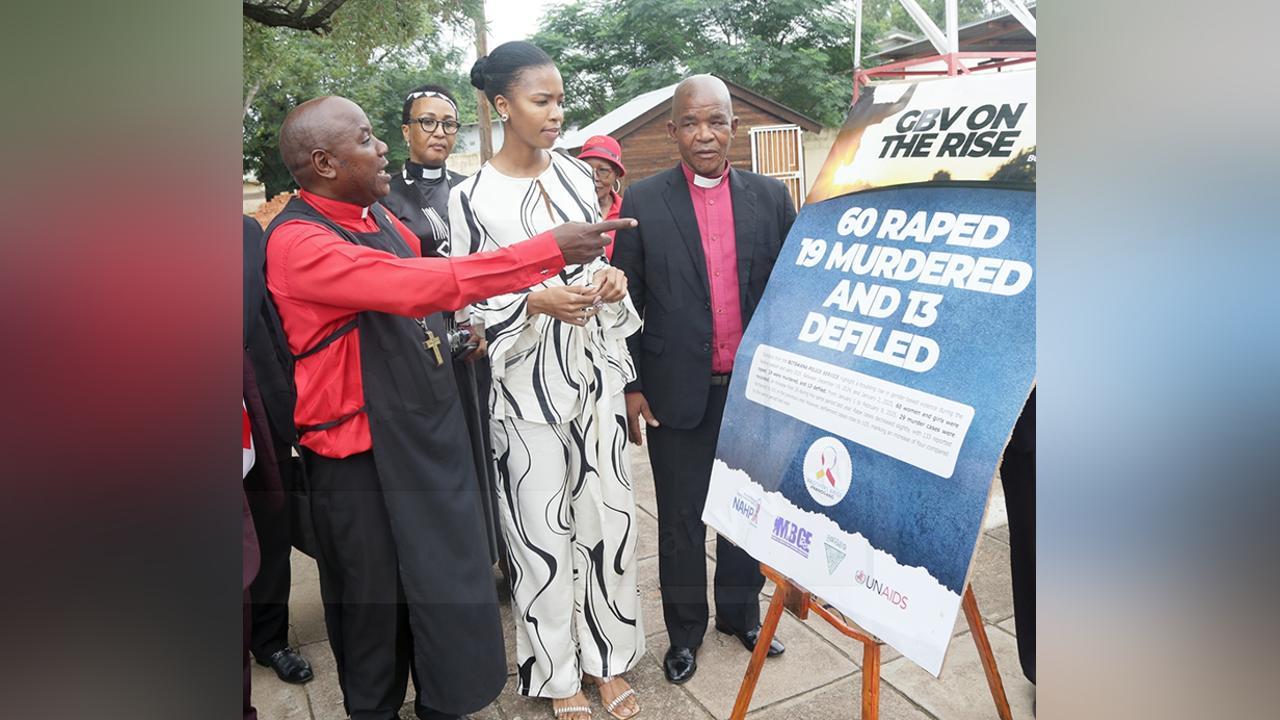Africa-Press – Botswana. The reluctance of men to access health services poses significant risks, compromises both their quality of life and longevity.
Minister of Youth and Gender Affairs, Ms Lesego Chombo emphasised the importance of health testing and screening to promote early diagnosis and effective treatment during her address at the Pitso ya Borre le Makau a Tumelo Community Dialogues in Gaborone recently.
Ms Chombo highlighted alarming statistics indicating that over the past year, only one in three men sought medical services, reflecting a critical gap in health service uptake among men.
She called for a cultural shift toward positive masculinity, which she described as the ability to process emotions and display courage, vital for promoting mental health awareness.
“We need healthy men in our communities. We need men who actively participate in the development of our country, serve as protective brothers, engaged fathers, and provide safe spaces for their communities,” she stated.
Ms Chombo noted that organisations like BOCHAIP offered discreet home testing services at convenient times. She also underscored the importance of addressing men’s mental health, suggesting that instability in this area could hinder a person’s overall potential.
“Men must seek help when facing mental and emotional challenges,” she urged, advocating for men to support each other and create safe environments for emotional expression.
Minister Chombo pointed out the connection between men’s mental health and gender-based violence (GBV), a pressing human rights issue that necessitates a coordinated response.
In support of these efforts, Dr Prince Dibeela, principal of Kgalagano College, outlined initiatives like the Brothers Arise and Nanogang Borre Campaigns, which focus on non-communicable diseases, mental health, sexual reproductive health, GBV, and other societal issues
Inspired by the national anthem and biblical teachings, Dr Dibeela noted that the Brothers Arise campaign encourages men to support one another and actively reject GBV.
He shared a vision to reshape societal perceptions of masculinity, asserting, “It’s okay to be vulnerable, to cry, and to seek help. We aim to reimagine what it means to be a man in Botswana.”
For More News And Analysis About Botswana Follow Africa-Press






